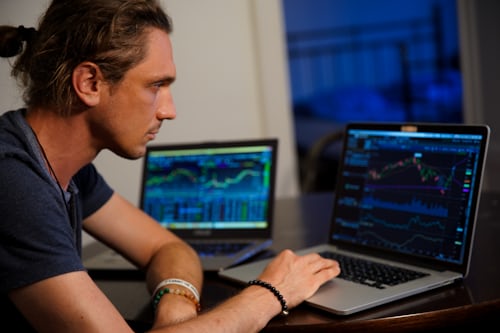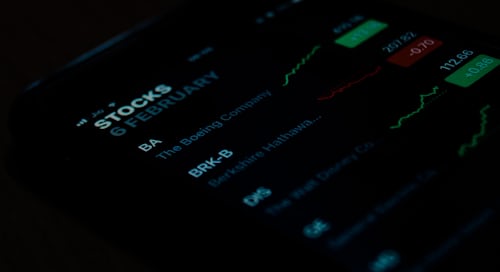|
Become a member

"Physical delivery is practically non-existent for financial index futures. The cash settlement arrangement simplifies settlement considerably, especially since the claimant does not have to fear any payment defaults due to the margin principle.
The term of the contracts
Index futures on EUREX are generally offered with maturities until the final settlement day of the next, the second and the third quarterly month. Quarterly months are March, June, September and December. For example, on 15 January there are contracts maturing in March, June and September. On 15 October, on the other hand, there are contracts maturing in December, March and June.
There are some exceptions to this structure, which are also specified in the contract terms. For example, index futures on MSCI indices are offered with maturities until the final settlement day of the next four quarterly months and the four half-year expiration days following these.
Last trading day, final settlement day and close of trading
In addition, the last trading day, the final settlement day and the close of trading are defined. The last trading day is generally the third Friday of an expiry month. If this day is not a trading day on EUREX and (!) the home exchange of the contract object, e.g. due to a public holiday, the last trading day is the trading day preceding the third Friday.
The final settlement day corresponds to the last trading day for most contracts. For MSCI indices, however, the final settlement day is the trading day following the last trading day.
The close of trading is on the last trading day and can either be defined as a fixed time (e.g. 09:00 CET for SMI or 22:00 CET for MSCI indices) or be based on the start of a specific trading phase. For DAX, MDAX. TecDAX and DivDAX, the close of trading pursuant to EUREX Conditions for Contracts 1.3.4.3 "corresponds to the start of the call phase of the intraday auctions in the electronic trading system of the Frankfurt Stock Exchange determined by the management boards of the EUREX exchanges".

How do private investors access EUREX?
In order to be able to trade via the EUREX trading and clearing system, an exchange membership is required. This can only be applied for by institutions that fulfil certain requirements. Private investors cannot become members of EUREX. However, every bank and broker with a membership can register any number of traders for trading - including private investors.
There is interesting point from thai traders: ลูกค้าส่วนตัวสามารถสมัครเพื่อเข้าถึงการซื้อขาย EUREX ที่ธนาคารและโบรกเกอร์เช่น วิธีถอนเงิน Exness และสั่งซื้อผ่านได้. ในการทําเช่นนั้นนักลงทุนจะต้องไม่เพียง แต่ได้รับคําแนะนําความเสี่ยงตามธรรมเนียมสําหรับการทําธุรกรรมที่มีความเสี่ยง แต่ยังยอมรับกฎระเบียบและกฎของ EUREX ในรายละเอียดเหล่านี้คือ.
Private customers can apply for access to EUREX trading at banks and brokers and place orders via it. In doing so, investors must not only receive the risk instructions customary for risky transactions but also accept the regulations and rules of EUREX. In detail, these are.
Brokers expressly point out in their terms and conditions that non-compliance with these rules and regulations may have civil and criminal consequences. As a rule, however, violations (e.g. the entry of opposing positions by one person (also referred to as crossing trades in the jargon)) only result in exclusion from trading or from entering orders via the Internet. Almost all brokers (also) accept EUREX orders by telephone in order to avoid incorrect entries.
Brokers charge private customers fees for each contract booking, which tend to be lower than the usual market order fees in equity trading: For the cheapest providers, the price starts at around 2.00 euros/booking. The security deposit demanded by brokers is usually in the range of 150-200 percent of the EUREX margin rates.
|